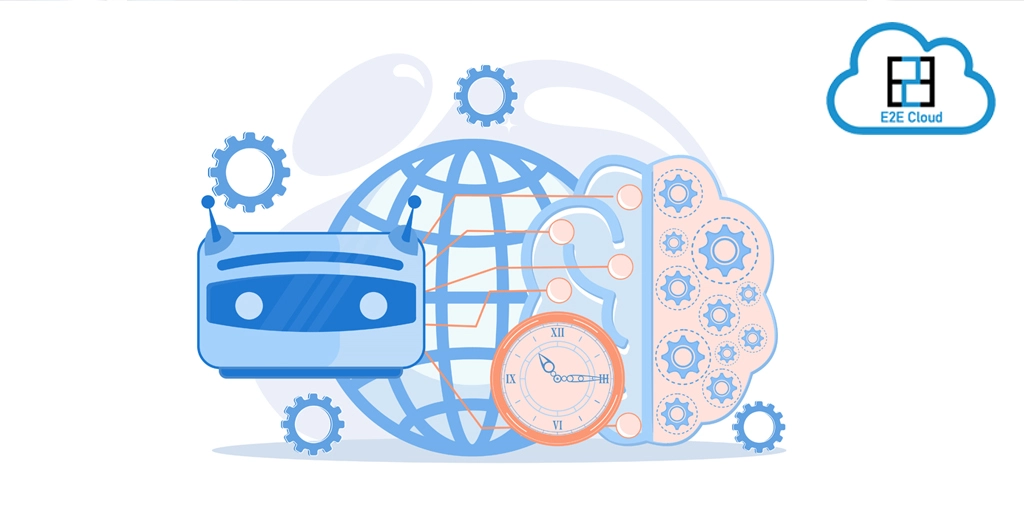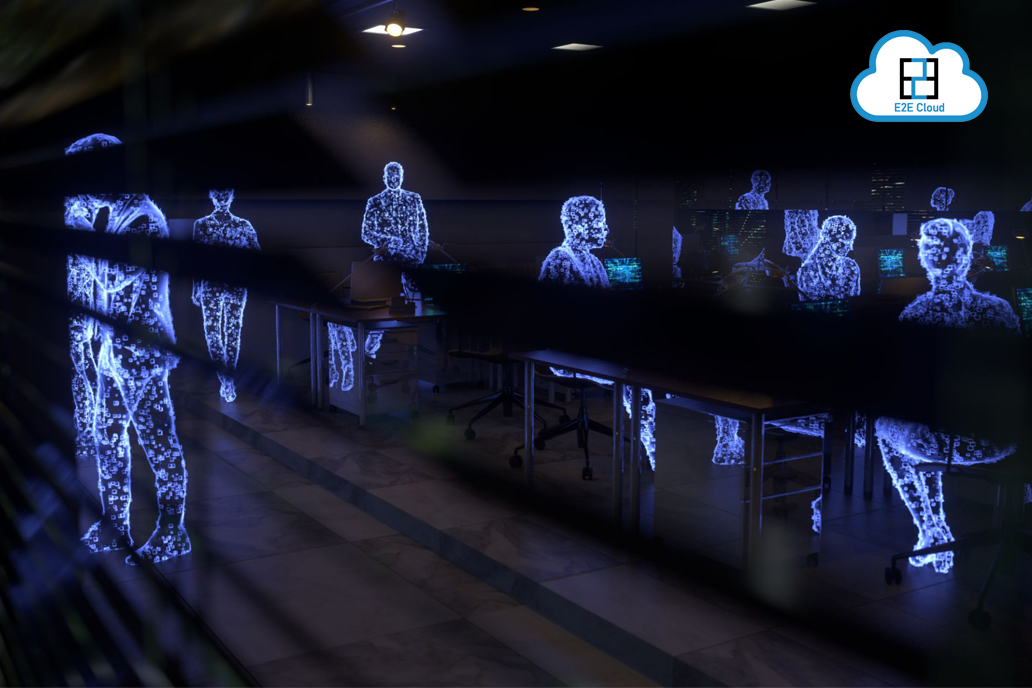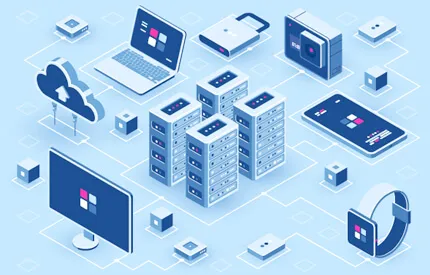Introduction:
With the advancement of AI/ML and other Industry 4.0 technologies, cloud computing has been booming in recent years. Consequently, the hardware and software used in this field need to be updated and error-free. A simple CPU GPU and HDD and SSD based system were enough a few years back, but the size of the data produced every year exponentially increased. A new type of hardware has been designed to combat this situation to meet the demand. This new type of hardware is known as DPU or Data Processing Unit.
Nvidia DOCA or Data Center Infrastructure-on-a-Chip Architecture is a set of software that provides Bluefield DPUs to accelerate, offload, and isolate data centre workloads. DOCA allows developers to efficiently develop a data centre to meet demands while security is not compromised.
Let’s go through some terminologies before elaborating on the DOCA IPS container.
Cloud Technology: It is an on-demand availability of hardware and software resources to users without setting up infrastructure explicitly by the user itself.
Cloud Virtualization: Cloud Virtualization is a technique where multiple Operating systems are in a single server. This enables efficiency and reduces downtime and operating costs. Virtualization allows institutes to run numerous services using the same server rather than setting up the infrastructure of each task.
Container: Container is widely used in the cloud virtualization field. In simple terms, the container is a way to isolate and scale the runtime environment. It is widely used as it is open source and reduces infrastructure hassles.
DPU or Data Processing Unit: It is a collection of hardware consisting of CPU, NIC and hardware accelerators like GPU. It can run on large data centres with ease.
Nvidia Bluefield: It is hardware that works in real-time to boost the host's network, storage, and security. As technology advances, a straightforward CPU-based system lags to provide the required results. The DPU is designed to meet the requirements.
What is a DOCA IPS
Every cloud virtualization system must ensure the security of the system. This is why the IPS is introduced in the DOCA container. IPS stands for Intrusion Prevention System, which allows detecting malicious activity and preventing policy violations.
If a malicious packet is detected, it drops the packet and prints the error message. To identify the vulnerability, IPS used the deep packet inspection engine. IPS also uses total network flow to manage the network efficiently.
IPS is a “bump-on-the-wire”, or in simple terms, it intercepts the incoming traffic from the wire and passes it through its peer ports.
How to setup DOCA IPS
Before setting up DOCA IPS there are some prerequisites to fill. It must match the hardware requirements,
the OS must be CentOS/RHEL 7.6 or above / UBUNTU 18.10 or above.
The kernel version also needs to match the requirement.
The DOCA SDK needs to be installed.
It is designed to use with Scalable Functions(SFs). Hence, the configuration must match the requirements to run the application.
Once all the setups get done, we can start the IPS installation process.
IPS application is located inside

To run the application, first, run the below three commands:


If the status is inactive, run

Final Command to run the application:

There are some flags one can use while running the application.
DOCA Flags:
-h, --help helps to print a synopsis
-l, --log-level Set the log level for the app, its
ranges from 0 to 4
Program Flags:
-p, --print-match Prints the FID running in DPI engine
-n, --netflow Shows the network flow
-o, --output-csv <path> location of stored csv file
The below command is used to run the application in the host.

Why choose E2E Clouds?
E2E cloud is one the fastest growing cloud solution available in the Indian market. We have the 6
th
largest IaaS platform in India. Using high-end cloud technologies, CPU, GPU to ensure high-end performance and provides scalability to user requirements.
With our resources, anyone can start an AI or ML or NLP and deep learning-based projects with a click. We use open source-based software and control panels. So, they are always up to date with the latest versions.
We provide One-Click Deployment, which saves time, reduces resource wastage and ensures efficiency.
Our billings are done in INR so, foreign currency exchanges do not affect the price.
We provide on-demand user requirements and, we have all standard services available in the market.
The solutions that we provide are listed below
- CPU Intensive Cloud
- High Memory Cloud
- Linux Smart Dedicated
- cPanel® Linux Cloud
- Windows Cloud
- Windows SQL Cloud
- Plesk Windows Cloud
- GPU Smart Dedicated
- Load Balancer
- Public cloud Backup
We also take care of the security of your website. We provide SSL certificates to make your website secure from cyber attacks. Our certificates are valid for a year, and you can get one within minutes.
.png)


.png)






